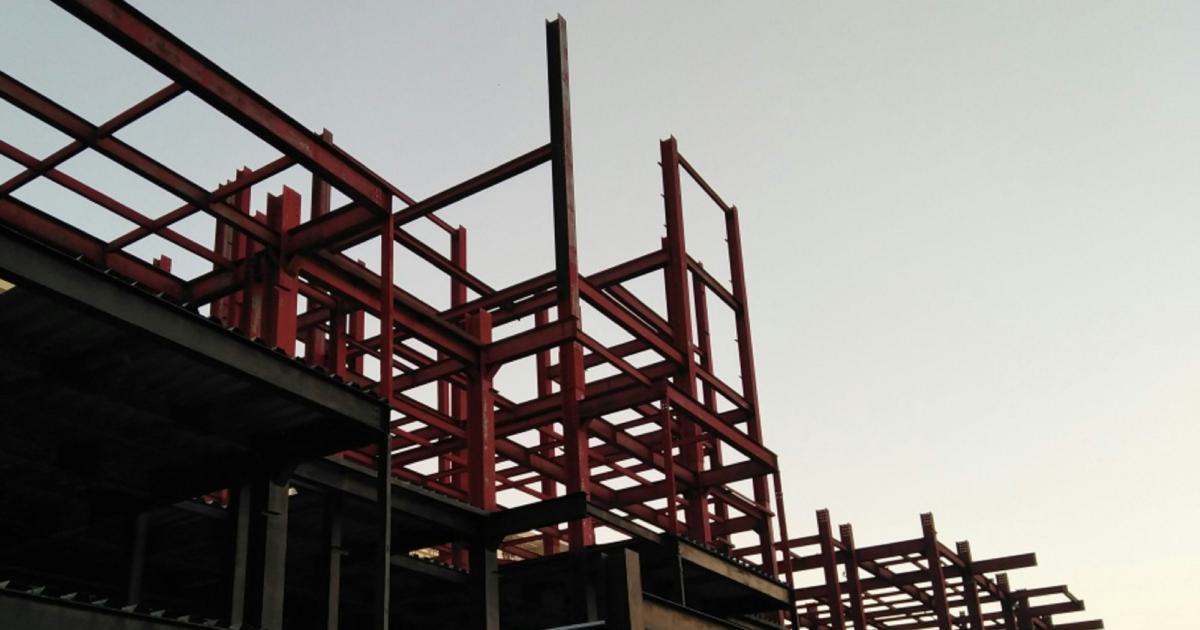Link Velocity or Link Quality: Which Matters More?


Introduction
In the ever-evolving world of search engine optimization (SEO), the debate over the relative importance of link velocity versus link quality has been a long-standing one. Link velocity, the rate at which a website accumulates new backlinks, and link quality, the value and relevance of those backlinks, are both critical factors in determining a website's search engine rankings and overall online visibility.
As SEO strategies have become increasingly sophisticated, understanding the nuances of these two concepts and their impact on search engine algorithms has become essential for digital marketers, website owners, and businesses seeking to optimize their online presence. This article will delve into a comprehensive analysis of link velocity and link quality, exploring their individual merits, drawbacks, and the overall implications for effective SEO practices.
Overview of Subjects
Link Velocity Link velocity refers to the rate at which a website acquires new backlinks from other websites. A high link velocity, indicating a rapid growth in the number of incoming links, is often viewed as a positive signal by search engines, as it can be interpreted as a sign of increased popularity, relevance, and authority.
Link Quality Link quality, on the other hand, is a measure of the value and relevance of the backlinks pointing to a website. Rather than focusing solely on the quantity of links, link quality emphasizes the quality of the referring websites, their topical relevance, and the overall value they provide to the target website.
Comparison Criteria
Criterion 1: Impact on Search Engine Rankings
Link Velocity
Link velocity can have a significant impact on a website's search engine rankings, as search engines often use the rate of link acquisition as a proxy for the site's popularity and relevance. A rapid increase in backlinks can signal to search engines that a website is gaining traction and attracting attention from other reputable sources.

However, it's important to note that search engines have become increasingly sophisticated in their ability to detect and discount low-quality or unnatural link building practices, such as excessive link building campaigns or the purchase of links. Consequently, a high link velocity achieved through such means may not have the desired impact on search engine rankings and could even result in penalization.
Link Quality
While link velocity is important, search engines place greater emphasis on the quality of a website's backlinks. High-quality, relevant backlinks from authoritative, topically-related websites are generally viewed as more valuable signals of a website's credibility and relevance. These links are considered to have a stronger influence on search engine rankings compared to a high volume of low-quality or irrelevant backlinks.

Search engines have become adept at identifying and prioritizing these quality signals, often favoring websites with a diverse, high-quality backlink profile over those with a large number of low-quality links.
Criterion 2: Sustainability and Long-Term Impact
Link Velocity
A rapid increase in link velocity can provide short-term benefits, but it may not be sustainable in the long run. Aggressive link building campaigns, such as excessive guest posting or link exchanges, can be viewed as unnatural by search engines and may result in penalties or a decline in rankings over time.

Furthermore, a high link velocity achieved through such means may not necessarily translate to genuine engagement, relevance, or authority, as the backlinks may not be organically earned or aligned with the website's content and target audience.
Link Quality
In contrast, a focus on building high-quality, relevant backlinks can have a more sustainable and long-lasting impact on a website's search engine rankings. These links are typically earned through the creation of valuable, informative content, strategic partnerships, and genuine outreach efforts.

While the process of acquiring quality backlinks may be slower and more resource-intensive, the benefits tend to be more enduring. Search engines recognize the inherent value of these links and often reward websites with a strong, diverse, and natural backlink profile.
Criterion 3: User Experience and Engagement
Link Velocity
A high link velocity, particularly if achieved through questionable tactics, can sometimes come at the expense of user experience and engagement. Websites that focus solely on rapid link building may neglect the quality and relevance of their content, leading to a suboptimal user experience.

This can result in higher bounce rates, lower time spent on the site, and reduced engagement, which search engines may interpret as signals of lower relevance or quality. In the long run, this can negatively impact a website's search engine rankings and overall online visibility.
Link Quality
On the other hand, a focus on building high-quality, relevant backlinks often goes hand-in-hand with the creation of valuable, engaging content that resonates with the target audience. When users are directed to a website through these quality backlinks, they are more likely to find the information or resources they're seeking, leading to increased engagement, lower bounce rates, and longer session durations.

This positive user experience signals to search engines that the website is providing genuine value, which can contribute to improved search engine rankings and a stronger online presence over time.
Similarities
Both link velocity and link quality share a common goal: to enhance a website's visibility and authority in the eyes of search engines. Both factors can have a significant impact on a website's search engine rankings and overall online performance.
Additionally, both link velocity and link quality are influenced by the website's content and the overall engagement it generates. High-quality, relevant content is more likely to attract genuine, high-quality backlinks, which can then contribute to a faster link velocity.
Differences
The primary difference between link velocity and link quality lies in their respective emphasis and long-term implications. While link velocity focuses on the rate of link acquisition, link quality emphasizes the value and relevance of those backlinks.
A high link velocity, if achieved through questionable tactics, may provide short-term benefits but can ultimately lead to penalties or a decline in rankings over time. Conversely, a focus on building high-quality, relevant backlinks may be a slower process, but the benefits tend to be more sustainable and long-lasting.
Analysis
The debate over the relative importance of link velocity versus link quality is a complex one, as both factors play a crucial role in a website's search engine optimization and online success.
On one hand, a rapid increase in link velocity can be a positive signal to search engines, indicating that a website is gaining traction and attracting attention from other sources. However, this approach can be risky if the links are not of high quality or are obtained through unnatural means.
On the other hand, a focus on building high-quality, relevant backlinks may yield slower results, but the benefits are typically more sustainable and long-lasting. These links are a testament to the website's authority, relevance, and user value, which search engines place a greater emphasis on.
In the modern SEO landscape, where search engines have become increasingly sophisticated in detecting and discounting low-quality or unnatural link building practices, the importance of link quality has grown significantly. While link velocity is still a relevant factor, search engines are placing greater weight on the value and relevance of a website's backlink profile.

Ultimately, the most effective SEO strategy is one that strikes a balance between link velocity and link quality. By focusing on the creation of valuable, engaging content that naturally attracts high-quality, relevant backlinks, website owners and digital marketers can build a strong and sustainable online presence that aligns with search engine algorithms and user preferences.
Conclusion
In the ever-evolving world of SEO, the debate over the relative importance of link velocity versus link quality continues to be a topic of significant interest and discussion. While both factors play a crucial role in a website's search engine rankings and online visibility, the emphasis has shifted more toward the quality of backlinks rather than solely the quantity.
Search engines have become increasingly sophisticated in their ability to detect and discount unnatural link building practices, making a focus on high-quality, relevant backlinks a more sustainable and effective approach to SEO. By creating valuable, engaging content that attracts genuine, topically-relevant links, website owners and digital marketers can build a strong and enduring online presence that resonates with both search engines and users.
As the SEO landscape continues to evolve, the importance of maintaining a balanced and strategic approach to link building, with a strong emphasis on link quality, will only continue to grow. By understanding and implementing these best practices, businesses can position themselves for long-term success and increased online visibility.